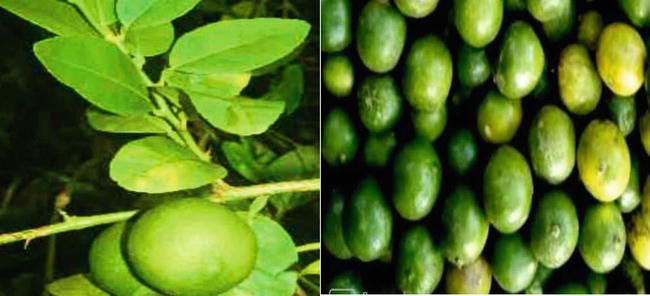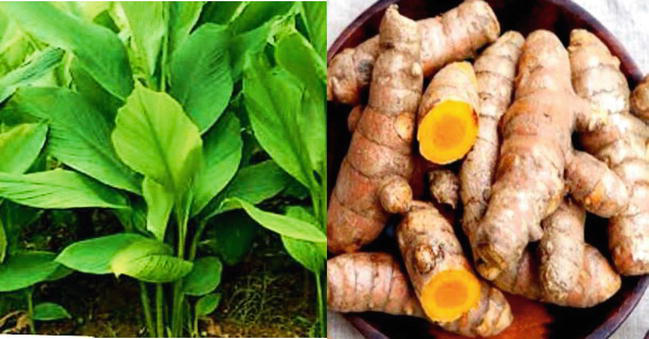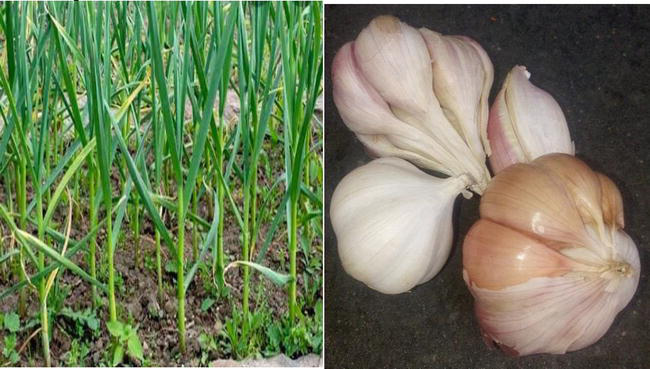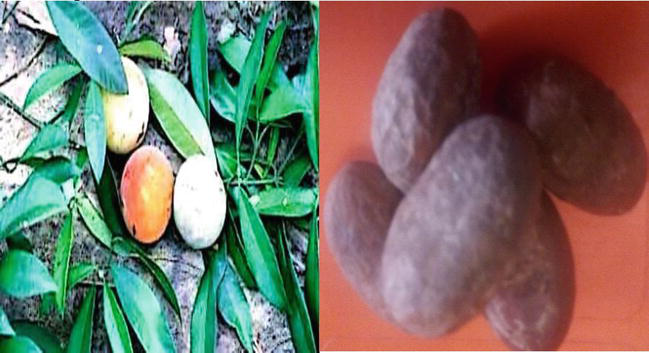




DAY 13: SELF-CARE TIPS
Amarachi Anastasia Okoro@amarachiokoro
1 month ago
Traditional Remedies in Igbo culture
Bitter kola (Aku ilu).
Bitter kola is highly valued in Igbo culture because of its varied and numerous social and medicinal uses, thus making it an essential ingredient in folk medicine.
Bitter kola is believed to be important in the treatment of diabetes. It aids in the treatment of multiple sclerosis that can be clinically viable against reperfusion injuries. Bitter kola has anti-malarial activities.
Garlic (Yabasi Hausa)
In Igbo culture, Garlic is useful in chronic cough, arthritis, and constipation. Garlic used for management of abdominal discomfort, diarrhea, otitis media, and respiratory tract infections in the eastern part of Nigeria and treatment of common colds, hay fever, and asthma.
Giloy Indigenous (Udo akpu enyi)
In Igbo culture (Root, Stem, Back, Leaves, and Fruits) the parts of the plant are useful as an herbal remedy of one disease or the other depending on the preparation.
Powdered leaves preparations help in treating gout, ulcers, jaundice, fever, and wounds, and to control blood glucose.
The mixture of stem extract alone or with honey is useful in treating jaundice, skin diseases, and fever. The stem starch (Sativa) can also be used as a tonic and as an antidote to snakebite and scorpion sting. The root and stem bark of the plant is used along with milk to treat cancer. Fruits: Are used in the treatment of jaundice and rheumatism. Roots: Roots are used as an emetic for visceral obstructions, leprosy, diarrhea, and dysentery.
Ginger (Jinja)
This is an Igbo traditional medicine has antioxidants that help reduce oxidative stress and inhibit superoxide production.
Dried ginger possesses potent anti-inflammatory and analgesic activities.
Ginger has a better effect against swine flu and provides a bronchodilatory effect, prevents severe damage to the lungs due to inflammation, and ameliorates allergic asthma. Ginger can be used to prevent and treat cancer and chronic inflammatory diseases. Ginger improved concentration of blood lipid and reduced body overweight, obese, and have an anti-diabetic effect.
Lime (Oroma nkirisi).
Lime is popular fruit in Igbo culture that is known for antioxidant activity, immunomodulation, and antibacterial activities, due to the presence of various phytochemicals such as alkaloids, flavonoids, glycosides, saponins, steroids, anthraquinones, phenols, resins, fatty acids, and gums present in the plant extracts are responsible for the antibacterial properties.
Turmeric (Tumerik)
In Igbo culture, Turmeric has tremendous medicinal benefits ranging from been used as phlegmagogue, anti-inflammatory, analgesic, antipyretic, blood purifier, to healing properties. Turmeric is antioxidant, immunomodulating, anti-inflammatory, antimicrobial, and has anticancer activities. It is be extremely effective in acute respiratory distress syndrome, acute lung injury, and pulmonary fibrosis.
Bush Buck (Utazi)
In Igbo culture, the leaves of this herb are used commonly for nutritional and medical purposes. The leaves are believed to neutralise the intoxicating properties alcohol and its harmful effects on the liver. Medicially, the infusion or decoction of the whole plant (the leaves and stems) is used in the home treatment of Digestive problems, such as loss of appetite, dyspepsia, colic and stomachache, constipation, dysentery and intestinal worms. It serve as a remedy to lower blood sugar levels and high blood pressure in diabetic and hypertensive patients, respectively. To cleanse the womb and treat abdominal pain after childbirth. To prevent liver damage associated with alcoholism and viral hepatitis. Helpful in treating malaria. To relieve cough, wheezing and asthmatic attacks.
#MyNircleFeeds
#NircleFeeds



1 month ago

1 month ago
